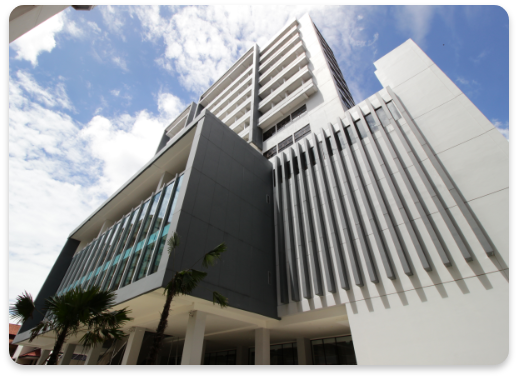
A Brief History of Quality Assurance System at Maranatha Christian University
Through Rector's Decree Number 030/SK/UKM/IX/2003, Maranatha Christian University has demonstrated its commitment to developing an Internal Quality Assurance System (SPMI) by appointing a committee to form a Quality Assurance Unit (QA Unit). This commitment was reaffirmed by the Rector's Decree Number 069/SK/UKM/X/2005, which formally established a Quality Assurance Unit (QA Unit). Through its development, this Unit has an increasingly broad and strategic role so that the QA Unit was changed to the Planning, Monitoring and Quality Assurance Agency (BPPJM) based on the Rector's Decree Number 140/SK/UKM/V/2008 which later changed its name to the Quality Assurance Agency (BPM) in accordance with the Rector's Decree Number 131/SK/ORG/UKM/VI/2018. The Quality Assurance Agency (BPM) then changed its name again to the Quality Assurance Unit (SPM) in accordance with the Rector's Decree Number 332/SK/ORG/UKM/VIII/2020.
SPM is an organ formed to support the achievement of quality standards at Maranatha Christian University, with the following responsibilities:
- Creating a quality culture by following the PPEPP model: Establishment of quality standards, Implementation of quality standards, Evaluation of quality achievements, Quality control, and Improvement of quality standards.
- Conducting risk-based internal quality audits on study programs and work units at the university level.
- Ensuring that study programs and institutions are accredited by domestic and international accreditation agencies/institutions.
- Overseeing the implementation of quality management certification activities in Maranatha Christian University work units.
- Providing assistance with quality assurance and study program accreditation.
- Creating a digital quality assurance system to accelerate strategic decision making.
- Gather a critical mass (auditors, assistants, facilitators, and others) to ensure quality at the university, faculty, and study program levels.
- Establish quality assurance system cooperation with other institutions.